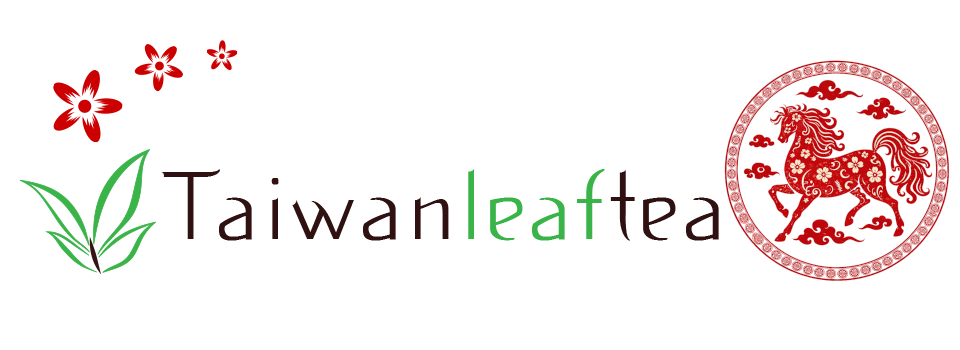Discovering Taiwanese Tea: A Collection of Helpful Books and Resources
Taiwan is not just a picturesque island but also the home of one of the world's most famous and high-quality teas – oolong. The culture of tea cultivation in Taiwan goes back centuries and reflects the influences of Chinese, Japanese, and European traditions. Taiwanese tea is celebrated for its sophistication and complex flavors, making it a favorite among tea enthusiasts worldwide.
What turned this small island into a global hub for premium tea? Taiwanese tea is not just a beverage; it is a whole culture that mirrors the historical, ecological, and technological changes on the island over the centuries. From ancient traditions passed down through generations to modern scientific research, Taiwan's tea tells a fascinating story. Are you curious about how ancient tea traditions connect with modern technologies? How does an island that produces less than 1% of the world's tea lead in quality? You can discover the full depth of this fascinating world through books and official resources that unveil the unique aspects of Taiwanese tea culture.
What Can You Learn from the Books?
1. "Taiwan - The Island of Tea: History, Culture and Travel Guide" by Yuan-Chen Wang
This book serves as an essential guide to Taiwan's tea culture. Readers will find a detailed description of how Taiwan became a major center for high-quality tea production starting in the 19th century. The author highlights the development of the island's key tea regions and offers travel routes for those interested in visiting real tea plantations and sampling rare tea varieties. The book covers not only historical aspects but also modern realities, such as how technology and ecology influence tea production today.
2. "The Spirit of Tea Making: A Simple Guide to Enjoying Taiwanese Tea" by Margaret Ledoux
In this work, Margaret Ledoux shares her personal journey of discovering Taiwanese tea, comparing it to some of the world’s finest wines. She explains in detail why Taiwan’s oolongs are so highly regarded by connoisseurs. The book highlights the unique aspects of tea preparation, reveals the secrets of tea ceremonies, and teaches how to properly appreciate the rich aroma and flavor of oolong tea. For those wanting to dive deeper into the ritual of tea drinking, this book becomes a true encyclopedia of how each sip can improve well-being and mood.
3. "Two Trees Make a Forest: In Search of My Family’s Past Among Taiwan’s Mountains and Coasts" by Jessica J. Lee
This is not just a book about tea but a memoir where the nature of Taiwan forms the backdrop for the author’s family history. Jessica J. Lee fascinatingly tells the story of how her grandfather played a role in the island’s history and how nature — its mountains, lakes, and forests — is closely intertwined with human fate. The book also touches on ecology and the relationship between humans and nature, adding a special meaning to each tea ceremony.
What Can Official Resources Offer?
1. National Taiwan Craft Research and Development Institute (NTCRI)
This site is a treasure trove of information on how tea production traditions and tea utensils have evolved over the centuries. Here, you will find materials dedicated not only to the history of tea but also to modern production technologies. The institute also offers information on various festivals and exhibitions related to tea crafts. It’s a perfect resource for those interested in how beautiful tea sets are created and how the culture of tea drinking is preserved in the modern world.
https://www.ntcri.gov.tw/home/en-us
3. Tea Research and Extension Station (TRES)
This resource provides detailed information on the scientific research conducted in the field of tea cultivation in Taiwan. TRES focuses on developing new tea varieties, improving cultivation methods, and promoting organic practices. One of the station's key missions is to educate farmers to produce high-quality tea while maintaining environmental standards. The site also offers articles and research on the preservation of resources like water and soil, which are critical for tea production.
https://www.tbrs.gov.tw/en/index.php
Every sip of Taiwanese tea is a small journey through history, revealing new horizons of culture, natural beauty, and human efforts.
